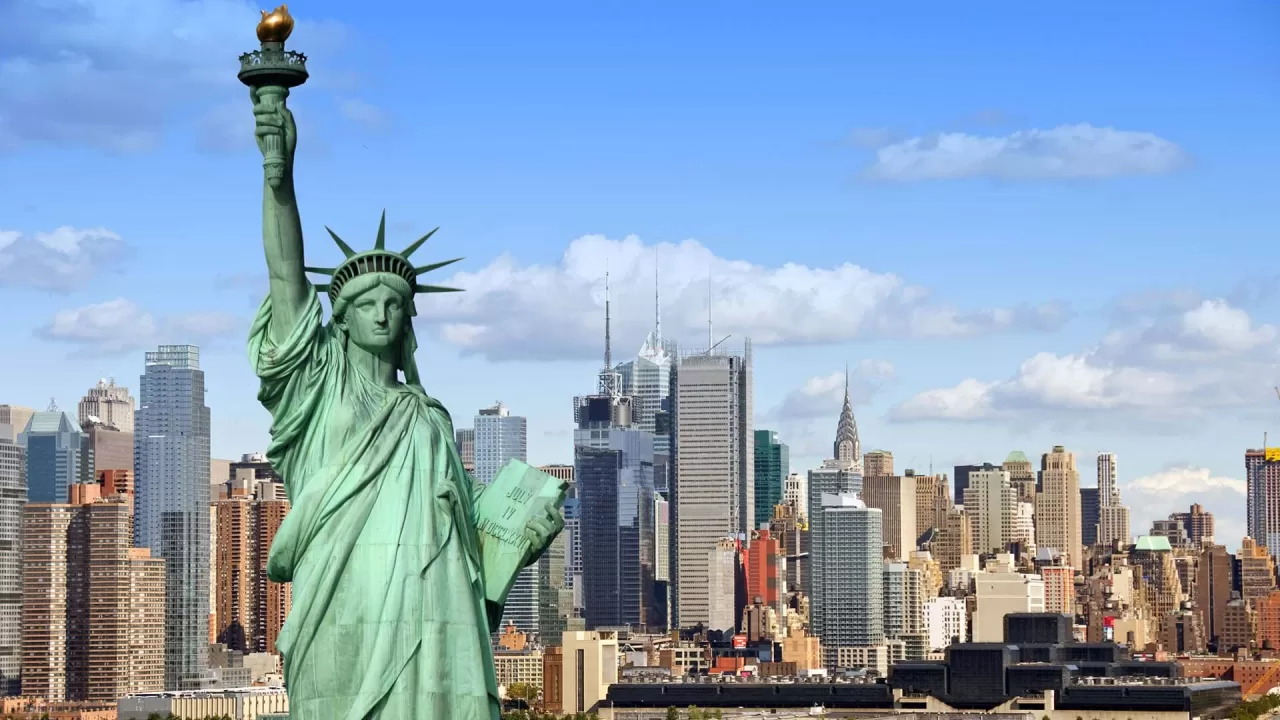The United States, traditionally a top global tourist destination, is facing a potential decline in international visitors, reversing previous growth trends. Projections now indicate a 20% drop in international arrivals for 2025, a significant shift from earlier forecasts of a 19% increase. This downturn could result in an $18 billion loss in tourism revenue.

Several factors contribute to this decline, including shifting diplomatic strategies, polarizing domestic policies, and tightened border regulations. Economic tensions and trade disputes have already impacted travel decisions, with border crossings plummeting by up to 45% in some areas. Airlines are scaling back routes due to reduced demand, and thousands of travelers are canceling planned US vacations.

The overall sentiment towards traveling to the US is changing, particularly among tourists from Western countries. Rising travel costs and political narratives perceived as unwelcoming are contributing to this shift. International polling shows a sharp decline in positive perceptions of the US as a travel destination, with approval ratings at a near decade low in some European countries.

Border controversies and visa complications are exacerbating the issue. Stricter border enforcement measures and high-profile incidents involving detentions have caused concern among frequent visitors. New regulations, such as those requiring the declaration of sex assigned at birth and the suspension of non-binary passport recognition, have led to specific travel advisories from several countries. Alternative destinations are seeing increased demand as a result, with bookings for island nations and European cities surging. Upcoming global events, like the FIFA World Cup and the Summer Olympics, face potential attendance issues due to visa delays and perceived hostility.

What You Need to Know
- Projected 5% decline in international arrivals by 2025.
- Potential $18 billion loss in tourism revenue.
- Reduced border crossings due to trade disputes.
- Increased travel cancellations and reduced flight bookings.
- Negative shift in international perceptions of US travel.
- Stricter border regulations and visa complications.
- Specific travel advisories for LGBTQ+ travelers.
- Increased demand for alternative travel destinations.
- Visa wait times are dramatically long, and could impact world events.
- The US risks a long term negative impact on its tourism sector.
